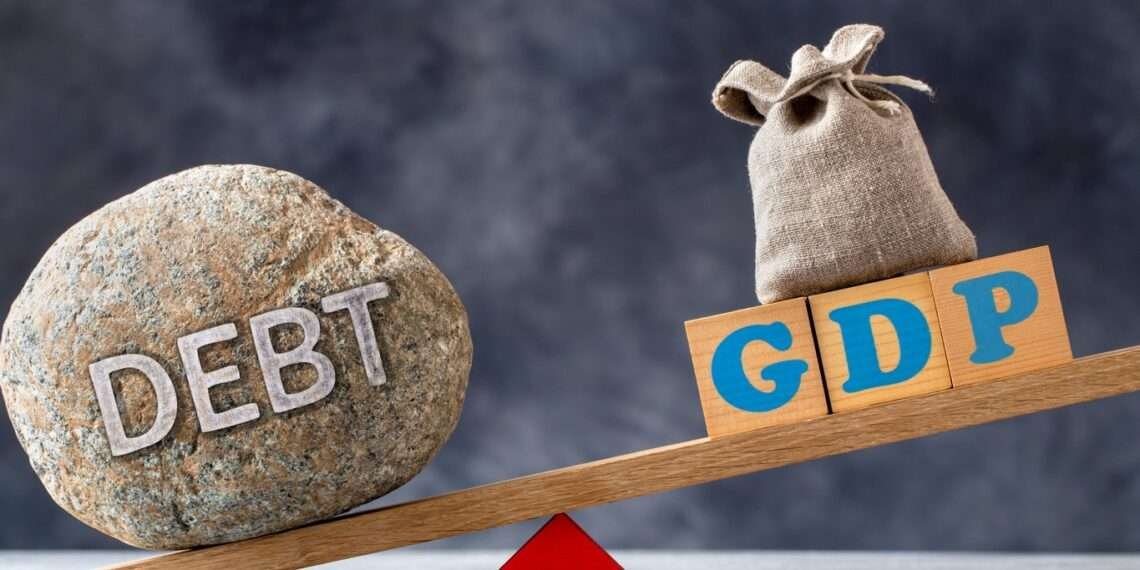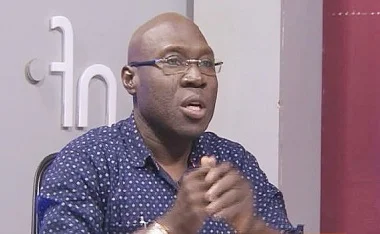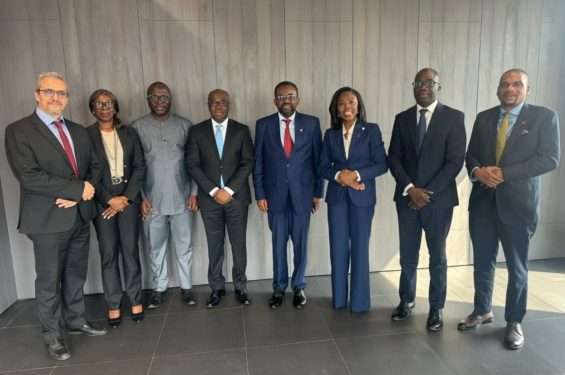Fitch Ratings, a leading provider of credit ratings, commentary and research for global capital markets, has issued a stern warning to Ghana regarding the rising interest costs on its domestic debt, even after securing a program with the International Monetary Fund (IMF).
The warnings come as no surprise to many policy analyst as experts keep questioning whether the country’s debts are sustainable giving a huge chunk of the debt accumulated is as a result of interest payments.
Interest rates on Ghanaian Treasury bills (T-bills) have experienced an upward trajectory since plummeting to around 18% in March 2023, down from a high of 35%. This sudden surge has sparked apprehensions about a potential restructuring of short-term securities.
Meanwhile, the latest assessment by Fitch raises doubts about the country’s overall debt sustainability in the medium term.
During a webinar on the topic of Africa Sovereigns Amid Financing Crunch, Toby Iles, Senior Director for Emerging Markets at Fitch, cautioned Ghana and other African governments about the mounting interest costs associated with domestic markets. Iles emphasized that the proportion of interest costs on domestic debt has been steadily increasing, casting doubts on the sustainability of Ghana’s domestic debt obligations.
Iles explained that although debt restructuring might offer short-term liquidity benefits, it does not address the broader issue of debt sustainability over the medium term. The country must undertake fundamental improvements in fiscal consolidation to achieve long-term stability.
In a separate analysis, Fitch highlighted the considerable losses that Ghanaian banks would have incurred in 2022 if a flexible treatment had been applied to the Net Present Value (NPV) calculation. The intervention by the Ghana Association of Banks helped curtail the anticipated losses for financial institutions.

The Domestic Debt Exchange Programme resulted in banks reporting net losses of approximately ¢6.6 billion in 2022 due to significant write-offs attributed to bad debts.
Bank of Ghana’s Forbearance Measures
Recognizing the effectiveness of the Bank of Ghana’s forbearance measures, Mahim Dissanayake, Senior Director of Financial Institutions responsible for Europe, the Middle East, and Africa at Fitch, commended the central bank for its proactive measures in mitigating the impact on the banking sector.
These warnings from Fitch underscore the urgency for Ghana to address the escalating interest costs associated with its domestic debt and prioritize fiscal consolidation to ensure long-term debt sustainability.
Currently, the interest rate on the 91 day Treasury bills is 22.6%, which is one of the highest in the sub region and has the tendency of having a crowding out effect on the private sector.
With Ghana’s debt level already at a record high, further accumulation of debts will have an impact on the country’s sovereign ratings.
Recently, Fitch Ratings downgraded Ghana’s Long-Term Local-Currency (LTLC) Issuer Default Rating (IDR) to ‘RD’ from ‘CCC’. Fitch has also downgraded it to ‘CC’ from ‘CCC’ and subsequently withdrawn the issue ratings on five local-currency bonds issued prior to the domestic debt exchange.
Fitch has affirmed the issue rating of local-currency bonds issued on the completion date of the domestic debt exchange at ‘CCC.’
Fitch also withdrew the ratings of five local currency-denominated bonds issued by the Republic of Ghana prior to the domestic debt exchange programme as they are no longer considered by Fitch to be relevant to the agency’s coverage because Fitch no longer rates any local-currency bonds issued prior to the domestic debt exchange. Missed payments on some of the local-currency bonds issued prior to the domestic debt exchange could affect one or more of these five previously rated bonds.
Like a poisoned chalice, the Nana Addo administration keeps borrowing, knowing that it’s the easiest way to get money to run the economy. However, this should serve as a precursor to what the country should expect if no actions are taken to cut down interest rate and tone down the authorities’ borrowing appetite.
READ ALSO: Hajia4Reall Begs US Court





















